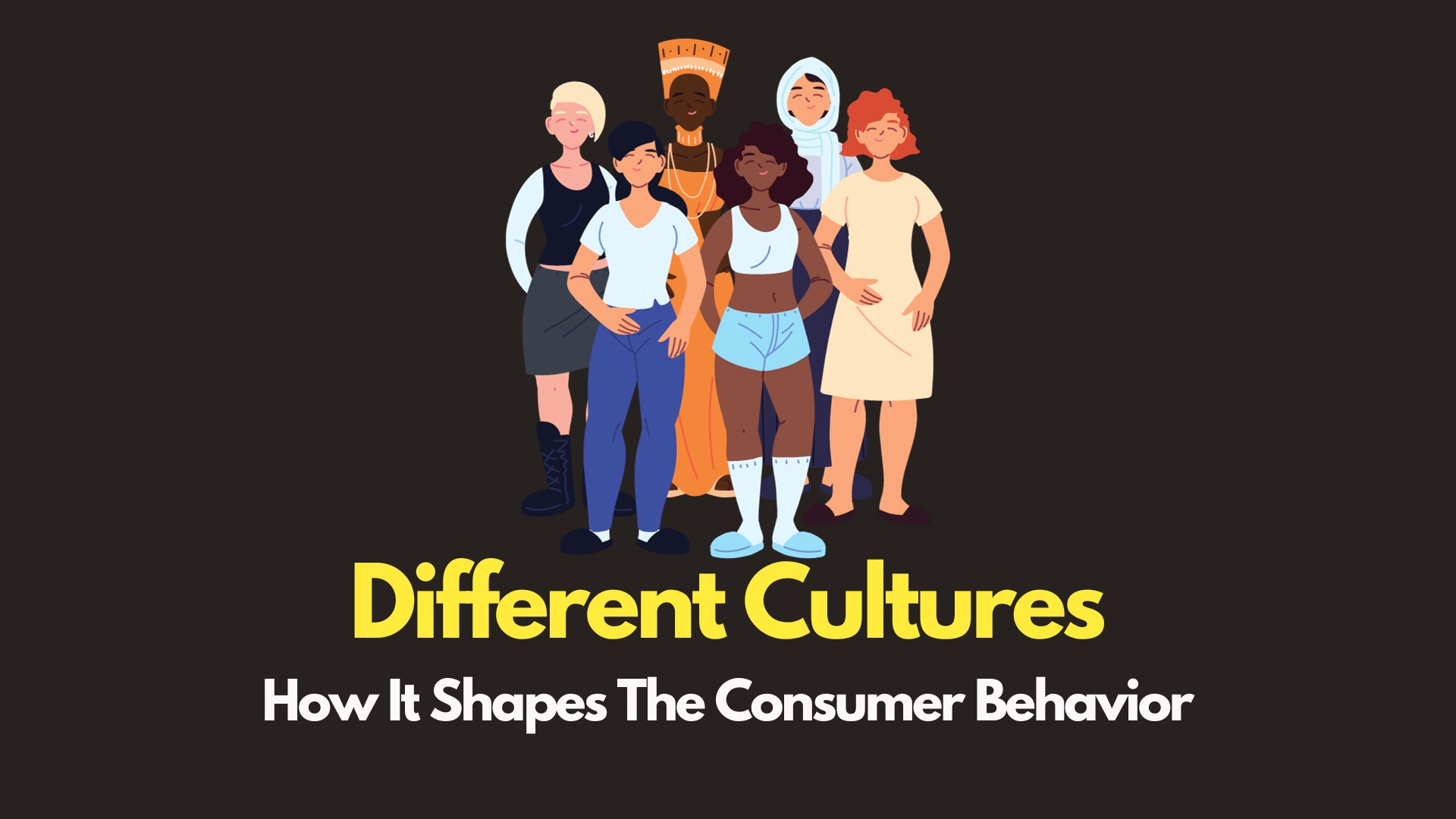Published
- 3 min read
Cross-Cultural Consumer Behavior Differences

Key Takeaways:
- Cultural Values: Individualism, indulgence, and uncertainty avoidance are key cultural values that influence consumer behavior.
- E-Commerce Impact: Cultural factors such as language, trust, and social influence play a significant role in e-commerce consumer behavior.
- Complaint Behavior: Cultural background affects consumer complaint behavior, with variations in attitudes towards complaining.
- Luxury Consumption: Perceptions of luxury goods and motivations to purchase vary significantly across cultures.
- Cross-Cultural Research: There is a need for a unified approach to understanding cross-cultural variations in consumer behavior.
Consumer behavior is a fascinating subject that often mirrors the cultural intricacies of societies. At Gufito.com, we delve into the myriad ways in which consumer behavior shifts across cultural lines, providing insights that are crucial for businesses, marketers, and consumers alike. In this article, we explore the complex tapestry of cultural influences on consumer behavior, examining how values, e-commerce, complaint behaviors, and luxury consumption are all nuanced by cultural backgrounds.
Cultural Values and Consumer Behavior
Cultural values such as individualism, indulgence, and uncertainty avoidance significantly shape consumer preferences and purchasing decisions. For example, in highly individualistic cultures, consumers may prioritize personal benefits and unique features in products. On the other hand, in cultures that value indulgence, there may be a greater emphasis on the enjoyment and pleasure derived from purchasing decisions. Understanding these cultural nuances is pivotal for businesses to tailor their marketing strategies effectively.
The Role of E-Commerce
The advent of e-commerce has brought the world closer, yet cultural factors remain a strong influence on online consumer behavior. Language and communication are crucial in catering to consumer preferences, and trust and security are paramount, especially in transactions across cultural lines. For instance, consumers from collectivist cultures may rely heavily on social influence and community approval when making online purchases. This understanding is key for e-commerce platforms to foster consumer loyalty and retention.
Complaint Behaviors Across Cultures
How consumers react to dissatisfaction can vary widely between cultures. In some cultures, the cost of complaining and the likelihood of success may deter consumers from voicing their concerns, while in others, the importance placed on the product may compel them to speak up. For businesses, recognizing these patterns is essential for managing customer relations and improving the consumer decision-making process.
Luxury Consumption in a Cross-Cultural Context
Luxury goods often carry different connotations depending on cultural backgrounds. In certain cultures, luxury items are sought after for their social value, while in others, they are appreciated for their individual or functional value. These perceptions influence the marketing tools that resonate with consumers and are crucial for brands that operate in the global luxury market.
The Need for Cross-Cultural Consumer Research
Despite the wealth of knowledge on consumer behavior, there is a lack of a unified conceptual approach to cross-cultural variations. This gap underscores the importance of ongoing research and analysis to better understand the complex landscape of international consumer behavior.
In conclusion, the rich diversity of cultural backgrounds plays a profound role in shaping consumer behavior. As we continue to navigate the global marketplace, an appreciation for these differences will be the hallmark of successful business strategies and marketing campaigns. For more insights into consumer behavior and psychology, explore the wealth of resources available at Gufito.com.